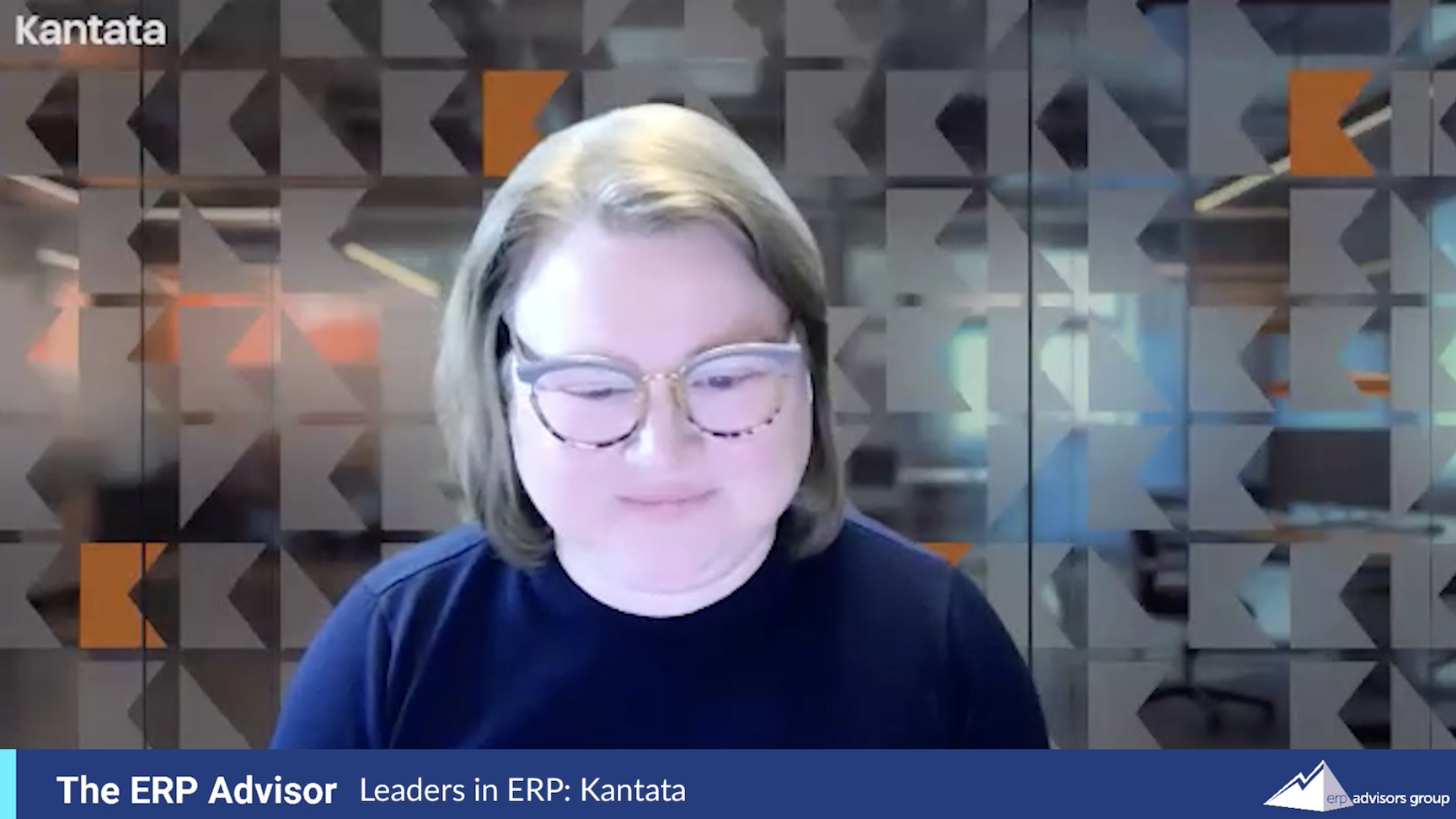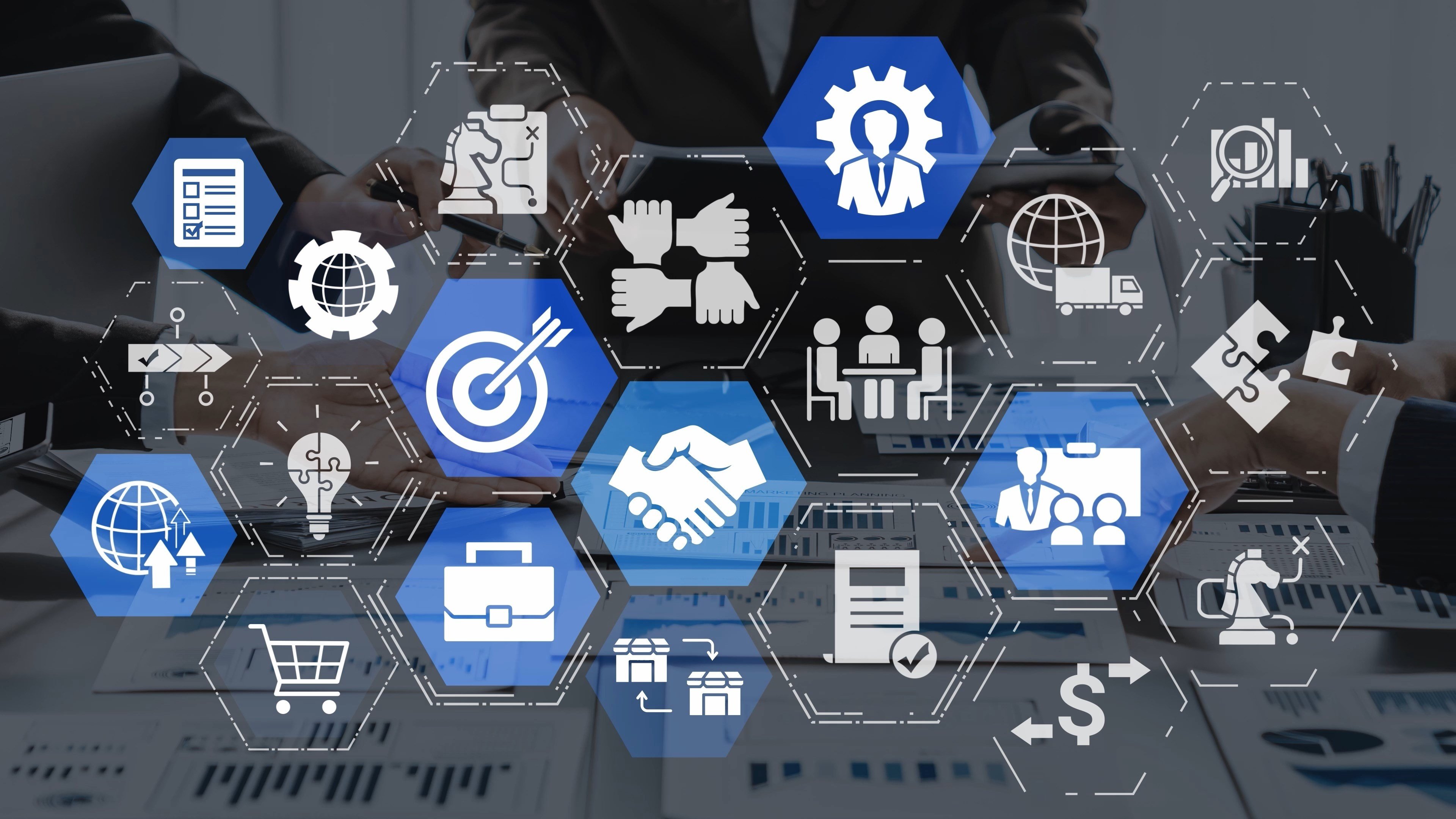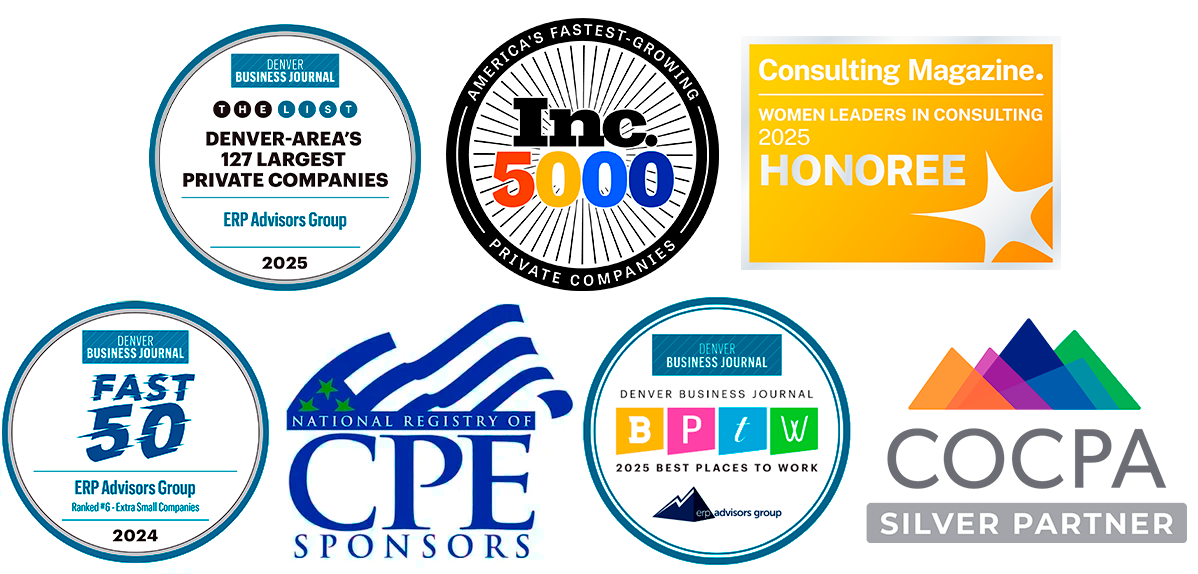What is ERP?
"Enterprise Resource Planning does not mean the same thing today as it did decades ago when a company would select one main application to automate all its business processes across the enterprise. Many successful business leaders find themselves asking the question, "What is ERP in business today?". In today’s cloud-based application ecosystem, especially with the high availability of cost-effective integration and analytics solutions, companies must look at ERP as a philosophical approach to determine which apps best fit their needs while balancing the inherent costs and risks involved with running and maintaining a significant number of technical assets. Every day, ERP Advisors Group helps clients navigate these complexities by leading them to the most elegant solutions that not only meet their current needs but can scale to meet their future growth."
- Shawn Windle, Founder and Managing Principal of ERP Advisors Group
ERP stands for Enterprise Resource Planning, which is the complex software that helps businesses, organizations, and enterprises figure out what resources they have while providing tools for planning with these resources. Companies normally organically grow on best-of-breed software applications which are inexpensive and simple to deploy. As the company becomes more successful and more mature, they typically become frustrated that key business information is segregated across various applications such as Customer Relationship Managment (CRM), accounting, spreadsheets, inventory management, and eCommerce. This causes them to manually pull information from various applications and spreadsheets to obtain an accurate picture of their customers, pricing, inventory levels, forecasting, and product lifecycle. At this point, owners contemplate the cost and risk of errors and the cost of their people’s time versus the cost to convert to more sophisticated functionality available in an ERP.
ERP systems can provide detailed business data in real-time, allowing businesses to improve satisfaction among customers, employees, vendors, management, and owners. ERP solutions can replace manual processes previously housed in many systems and spreadsheets into as few as one new system. For instance, an ERP for manufacturers brings together the customer record, sales pipeline, orders, and inventory, along with purchasing, vendors, planning and manufacturing, and finally accounting records and financial reports all into one system, enabling a “single pane of glass” from which to look at the business’s transactions.
In this video, Founder and Manager, Shawn Windle, introduces enterprise resource planning systems, offers enterprise resource planning examples, and discusses what ERP stands for in business.




